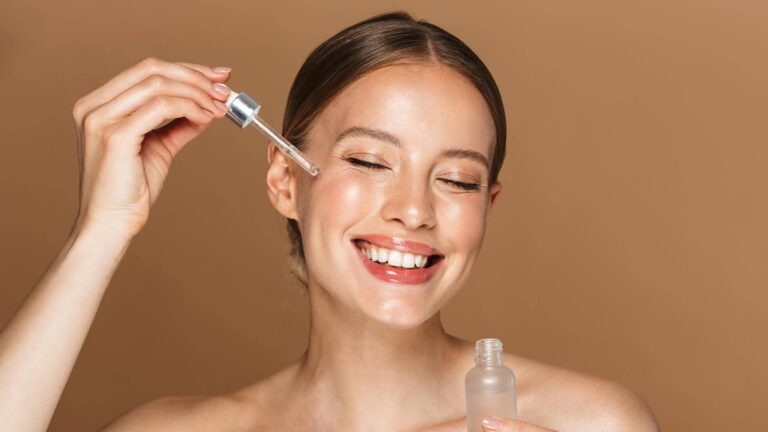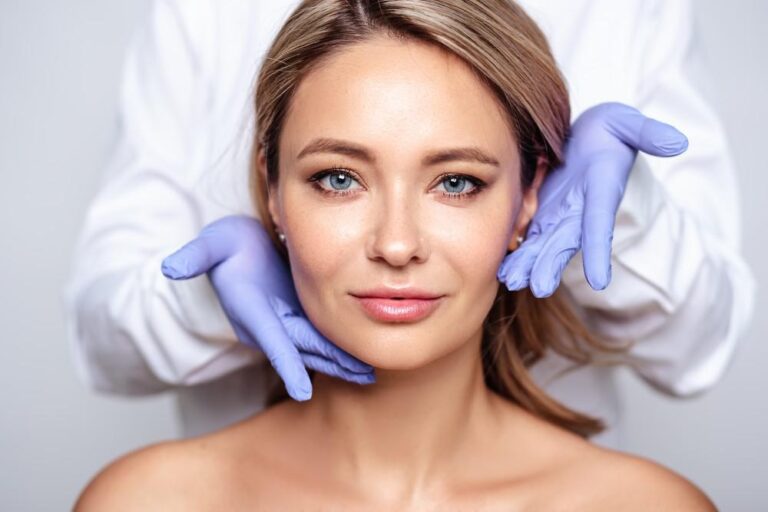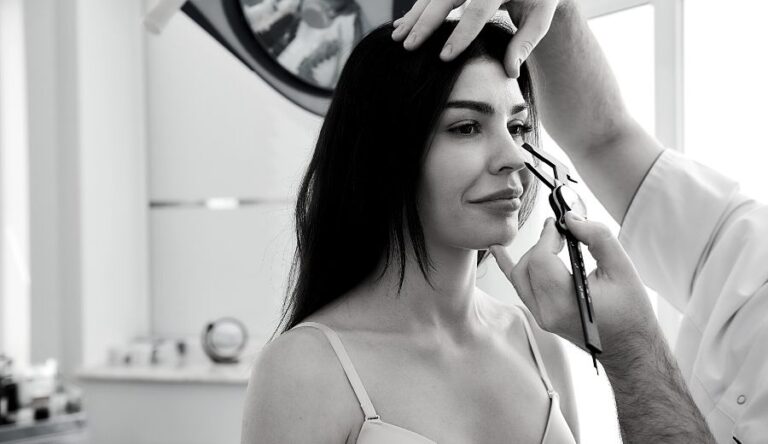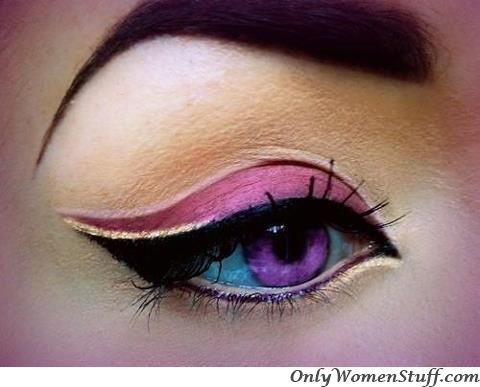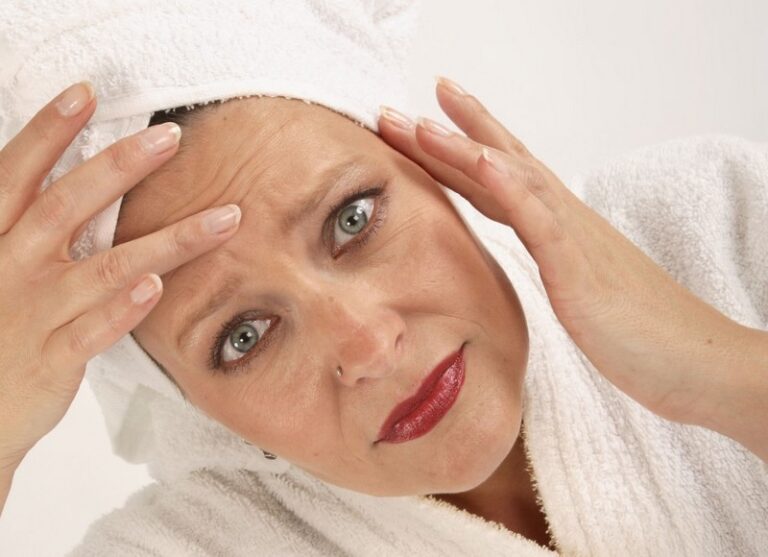7 Best Tips for a Healthier Skin Complexion
No one likes to be saddled with a splotchy, blotchy complexion or a face riddled with breakouts. That’s why it’s important to give your skin the proper care it needs so you can look and feel your best. From what to drink and eat to the types of things you should — and shouldn’t — be putting on your face, here are seven tips for a healthier complexion.
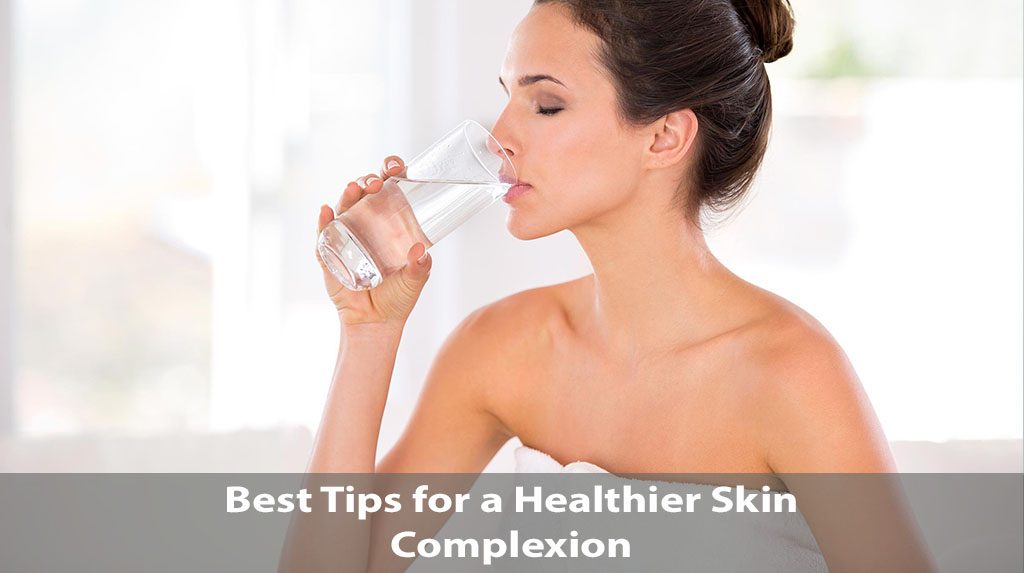
1. Drink Green Tea:
If you’re a black tea drinker or you enjoy coffee over tea, making the switch to green tea might be a little trying. Although the taste of green is noticeably different from either of those other two aforementioned beverages, give it a chance and the taste just might grow on you.
If you’re not sold on the taste, consider the benefits it can offer. Green tea contains protective compounds that work to preserve your skin’s collagen. It also can help prevent certain skin cancers. Green tea also contains antioxidants, which can quell inflammation and protect against UV skin damage.
2. Cut Back on Sugar:
Before you reach for that morning doughnut, think twice. Sugar, as sweet as it is, can result in chronic inflammation. Plus, it has a habit of binding with your skin’s collagen and breaking it down, which can transform your skin from supple to stiff.
To avoid the harmful effects of sugar, reach for treats that result in a low-glycemic response such as those containing whole grains or healthy fats and protein. If you can’t break your sugar habit all at once, gradually cut back until you no longer crave it anymore.
3. Control Stress Levels:
Whether you realize it or not, the stress you’re feeling inside can manifest itself in many different ways, including making certain skin conditions flare up, such as rosacea, seborrhea, and psoriasis. Being under stress can also trigger an oiliness in the skin, which decreases its ability to battle bacteria and can result in acne.
Work to control your stress levels by engaging in routine exercise, yoga, or meditation.
4. Get Serious About Your Skincare Routine:
If you want glowing, healthy skin, you should have a skincare routine in place. The best skin routine is one that’s effective for your skin type and easy for you to practice each and every day. First, you should cleanse your skin gently. Then you should apply a moisturizer cream, as well as an eye product.
If you’re the kind of person who likes to streamline your routines, a product, such as Egyptian Magic, is a good pick. It’s a multi-purpose moisturizing balm —which means you can use it on your eyes, face, and lips — and it contains only six all-natural ingredients.
5. Start a Skin Saving Diet:
What you choose to eat can make a difference in your complexion and the overall health of your skin. For example, avocados contain PFAs, which can do amazing things, such as repair DNA and counteract UV damage.
Strawberries, oranges, peppers, and broccoli all contain precious stores of vitamin C, which offer your skin antioxidant properties that battle against sun damage and dry skin.
Another type of antioxidant — resveratrol —comes from peanuts, wine, cranberries, or red grapes, which can help protect your skin from cancers resulting from sun exposure and also work to reduce inflammation.
Carrots, sweet potatoes, and dark, leafy greens contain high stores of the antioxidant beta, which can result in healthier skin and improve its appearance. Beta carotene also protects skin cells from sun damage.
6. Opt for Water-Based Hair Products:
What you put on your hair can wreak havoc on your skin, depending on the ingredients. Hair conditioners and styling creams can contain oils and waxes that cause clogged pores if they come into contact with your skin.
Transfer of these products to your skin can also occur when you sweat — or even at night when your hair is sandwiched in between your face and your pillow. Water-based products are a much better choice for your skin and can help you avoid unnecessary breakouts.
7. Get Plenty of Sleep:
As cliché as it sounds, everyone needs their beauty sleep. According to the National Sleep Foundation, an adequate amount of sleep for adults 18 to 25 and 26 to 64 is seven to nine hours. The optimal amount of sleep for adults older than 64 is seven to eight hours.
Sleep gives your body a chance to repair itself, such as producing new collagen, and when you don’t get enough shut-eye, it shows. Puffy eyes, dull skin, and fine lines are just some of the facial side effects of too little sleep.

